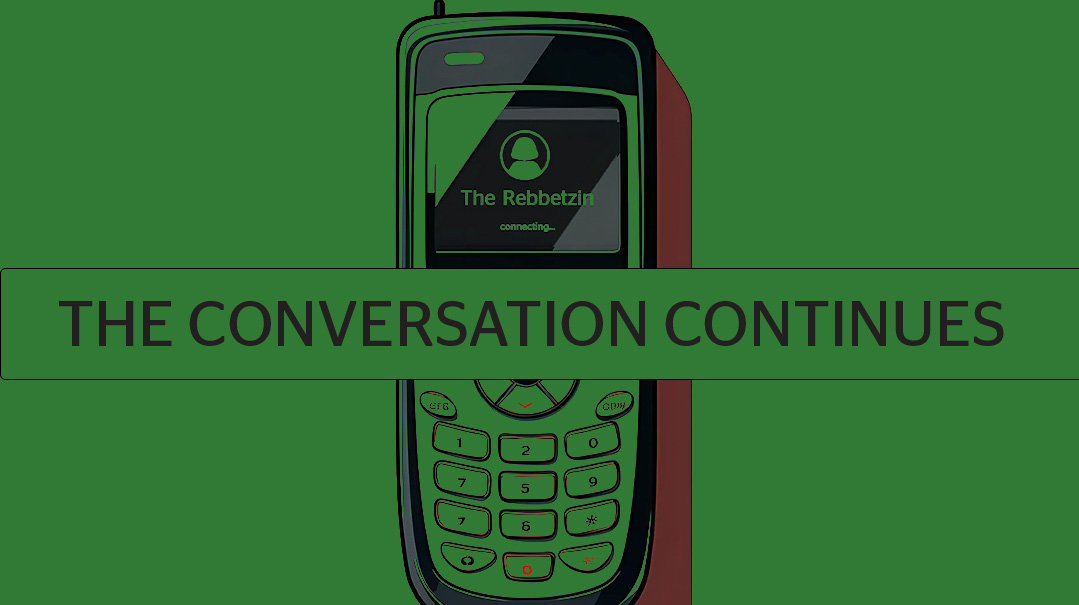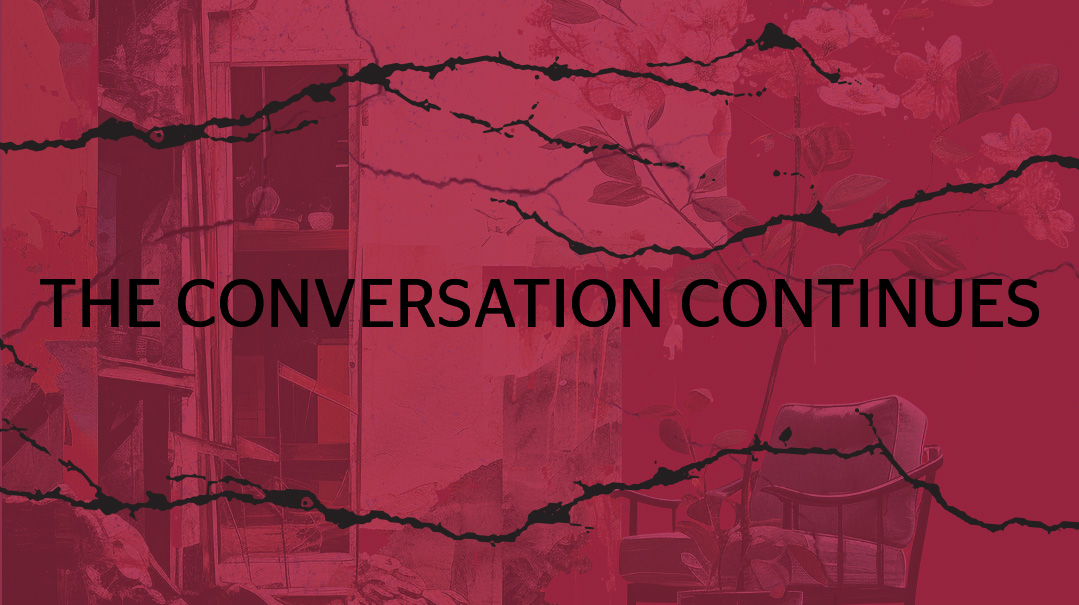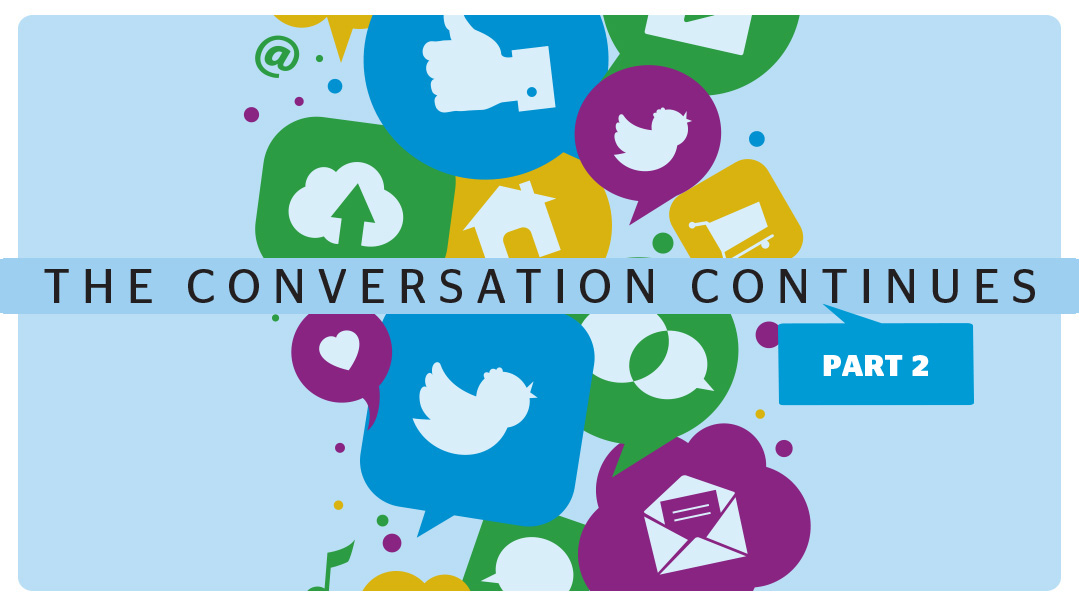Obsessive-Compulsive Disorder // Issue 879

“If OCD has decided that two and two makes five, Archimedes himself would be powerless to convince you otherwise”

Infected with OCD
I say Shemoneh Esreh three times a day. Unless it’s Shabbos, in which case I say it four times. But when it’s Pesach time and we switch over to “v’sein brachah,” the number of Shemoneh Esrehs I force upon myself can easily hit double digits.
Hi, my name is Isaac, and I have OCD.
I grinned when I read the author of this past week’s Know This column describing herself hunting down people she had possibly insulted to collect the requisite mechilah. I’d been there. I’d also been awake at two a.m. on Friday nights, poring over a sefer on hilchos Shabbos, trying to reassure myself that I was not, in fact, chayav kareis. It was easy enough to find the spot in the sefer I was looking for. I’d looked up the same thing the week before.
Tefillin! Tefillin were a wonderful little spot of daily misery. Tefillin, as you may or may not know, require a certain level of precision — the box should be resting on the downward curve of the muscle, and the wraps must encircle the arm a specific number of times. I was awake a good 20 minutes earlier than the other guys in my dorm room to ensure I had enough time to put on my tefillin, take them off, put them on again, decide they were just right, begin praying, realize that they weren’t even close to just right, take them off again, put them back on etc.
But the real horror, for me, was the questions. I had questions, and they would not go away.
I should point out at this stage that I had good rebbeim. Actually, I had (have) fantastic rebbeim. Whenever I came up with some new reason why Hashem was non-existent — or existent but apathetic, incompetent, or downright hateful — the answers I received were enthusiastically delivered, logically sound, and emotionally supportive.
But OCD doesn’t really work that way. For someone who’s never had it, this will be hard to understand. OCD infects thoughts, and no amount of reassurance can make it go away. If your OCD has you doubting whether or not you locked the door to your home before leaving for work today, that doubt will persist even after the second — or third, or fourth — time relocking it.
If OCD has decided that two and two makes five, Archimedes himself would be powerless to convince you otherwise.
I spent over a decade looking for some sort of relief. During that time, I tried everything from a hallucinogenic drug (administered in a clinic) to good old-fashioned electroshock therapy. Eventually I was down to just two choices: drill a hole in my head and see if the evil demons flew out, or head down to Philadelphia, where a clinic known as Rogers specialized in the treatment mentioned in your article — Exposure Response Prevention.
Exposure Response Prevention takes an inelegant, brute force approach to treatment. Instead of getting rid of the anxiety, you get used to it. The typical day’s schedule down in Rogers consisted of intentionally provoking panic reactions within me (Exposure) and then deliberately avoiding doing anything to alleviate that panic (Response Prevention). For me, this meant wearing my tefillin deliberately askew while sternly explaining to myself that I would find a way to wind up in Hell. Learning to live with my “kefirah,” as counterintuitive as it sounds, gave me the strength to live with my anxiety.
But it worked.
I’m back in yeshivah, and finishing off college. I’m about 13 years behind schedule, but I figure that Rabi Akiva also got a late start.
I’m giving my actual name and contact info to Mishpacha. If anyone wants to hear more about how Rogers works, feel free to contact me.
P.S. For privacy purposes, I can’t name my rebbeim, my family, my psychologist, or the incredible friends who had my back in this letter. That said, I suspect I’ve said enough that you’ll recognize me.
Thank you. A million times, thank you.
Name Withheld
Why Deny Medication?
I read with interest your recent article on OCD, because I, too, was once a teenager with OCD. Now I’m married with a baby, baruch Hashem, and I truly can say that my OCD is under control, if not completely gone. Yes, I did all the therapy work that the writer described, and yes, with the proper therapist they all can help. But I wanted to point out another factor toward balanced health that’s always put down in our community: medication. I tried for years to get my compulsive thoughts under control through sheer willpower using proper tools, but they were always stronger than I.
Finally, in my early twenties, I started a low dose of antidepressants. I felt like a failure. But all of a sudden, the therapy work that I invested so much in started to help. Together with the medicine, I was able to completely control my thoughts, finally, banishing those types of spirals that the author was describing.
And yes, like she said, I felt terrible that I’d lost those teenage years. Because had I gone on medication sooner, I probably would have beat the monster that much sooner. I don’t know why our society tries so hard to avoid medication. When someone has a condition like OCD, that means the chemical balance of her brain isn’t working correctly. All medication does is provide that balance.
Name withheld because our society has a long way to go
Teach Them to Turn to Hashem
The experience that the author described really resonated with me. My school years were also fraught with intense pain as I dealt with destructive thought patterns and social anxiety.
One thing that I never did as a girl or in high school was cry to Hashem and talk to Him about how I feel and beg him to help me. It’s something I learned how to do only later in life. But a child who’s armed with the knowledge that he/she can talk to Hashem, and that Hashem, the Av Harachaman is always listening, is incredibly empowered despite the very real challenge they’re facing. Crying out to Hashem is soothing, it sets the mind at ease, and it effectuates change.
Inculcating in our children the knowledge and certainty that Hashem loves me and only wants the best for me is the kindest thing a parent can do for their child. This way when the child (inevitably) faces a difficulty and the child is in pain, he or she will always have someone to turn to for comfort. There is no one who can comfort and heal us more lovingly and completely than our Father in Shamayim.
Name Withheld
It Won’t Last Forever
I’m a yungerman writing to comment on Amit Silver’s account of her struggle with OCD. Amit — if that is your real name — I very much commend you for your bravery in sharing your struggle with the world, and for everything you’re doing to help people who are still fighting their way through these challenges. I can very much relate to your words.
“It’s not possible to understand how painful it is if you didn’t experience it yourself,” wrote Amit. I remember those torturous days when I had OCD…. The days of misery, of begging Hashem to help me. My whole day was filled stress and fears. Learning and davening were so hard because of the anxieties that pounded my mind. I had to constantly leave the beis medrash to attend to my compulsions so I could be “sure” and have respite from my fears… for five minutes.
Other bochurim noticed my oddities. The erlicher ones ignored my eccentrics, but other boys made fun of me. This only compounded my fears. I now had to also worry about other people finding me and making fun of me, and I developed an acute fear that other people were talking about me. Sometimes I even eavesdropped on conversations because I was afraid people were gossiping about my behaviors in undertones.
With Hashem’s help, I still had friends, and earned a reputation of a “shtark guy,” even finishing a few masechtos while battling my monsters. But boy did I suffer… I thought I’d take my pain and fears with me for the rest of my life. Baruch Hashem, that wasn’t the case. I went on a long journey, seeing a few therapists just like the author did, and I also took medication.
I’m now several years past those struggles, married, with a lovely child, and spending my day learning and working. These days it’s such a pleasure to sit in the beis medrash. I have the peace of mind to dive deep into a sugya, something I wasn’t capable of several years back. I’m so grateful for the blessings I now have.
OCD isn’t a lifelong diagnosis. To those teenaged boys and girls (and maybe adult men and women, too) that are tormented each and every day because of their OCD, I understand your pain. I really do, because I was there myself. I know what it’s like to be crippled with paralyzing fears that rob the joy out of life.
But I want to let you know that you will not be stuck in this forever. You will be healed and will live a life full of brachah, simchah, and good things. May Hashem send a yeshuah to everyone suffering from emotional distress.
Recovered
(Originally featured in Family First, Issue 881)
Oops! We could not locate your form.






